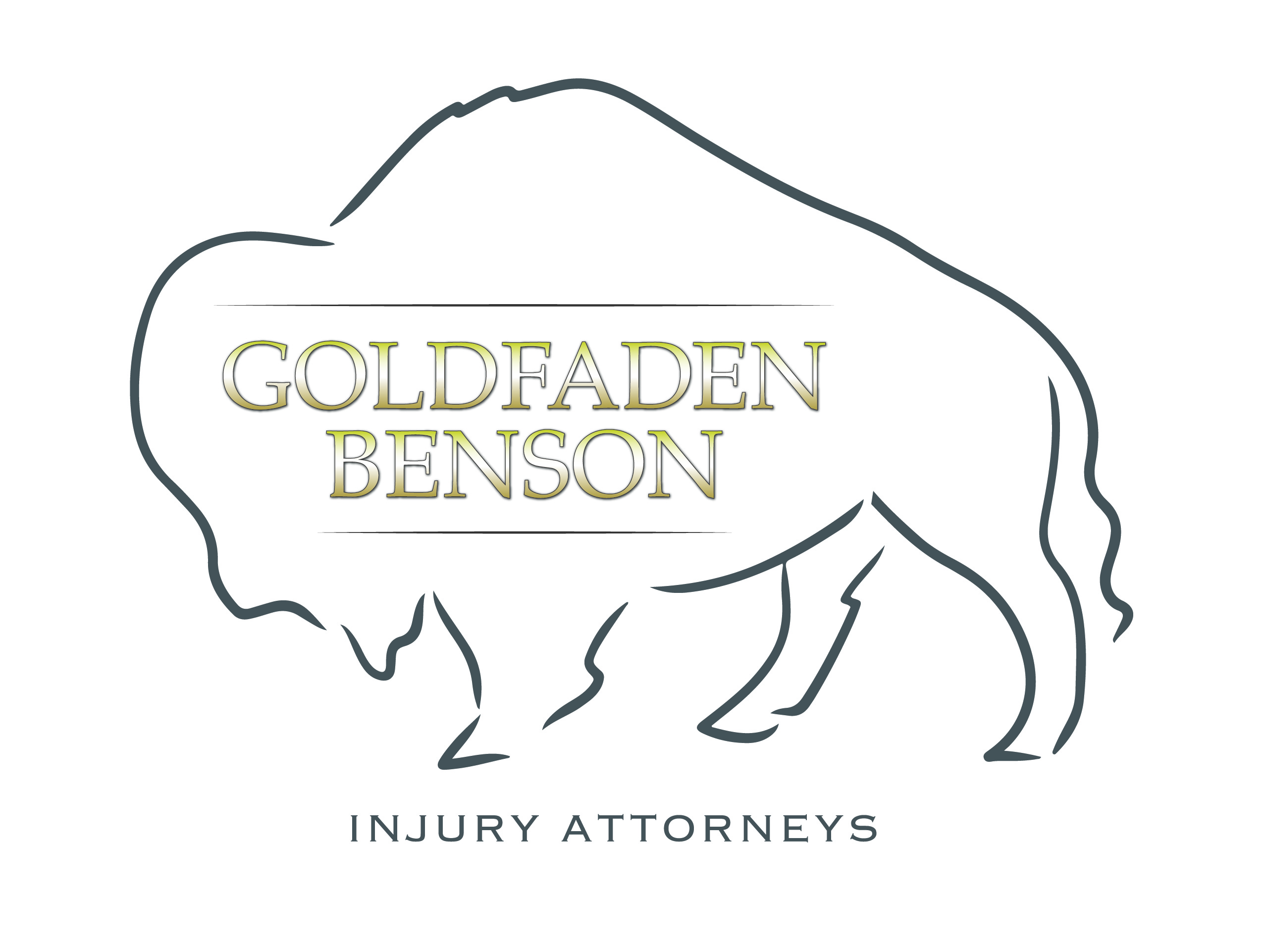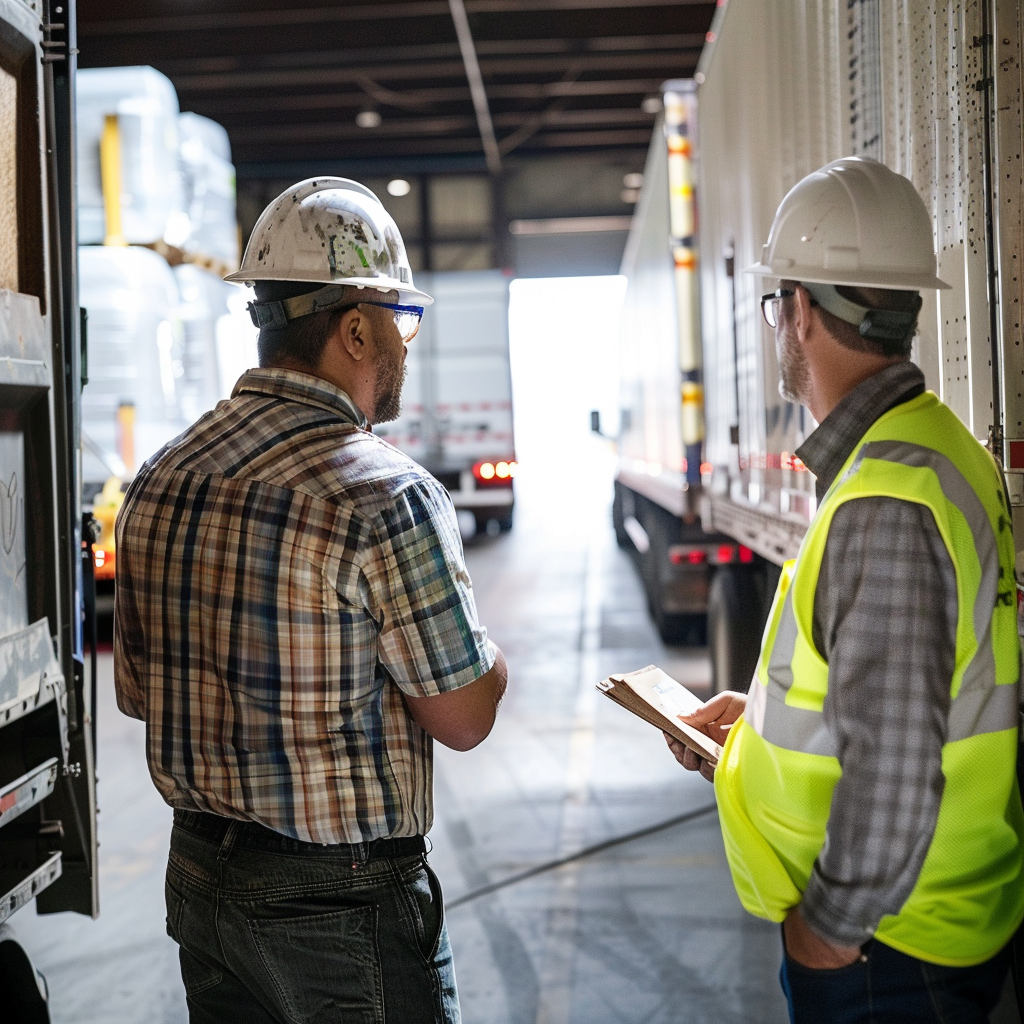Understanding the Impact of Truck Load on Accident Risks
With the bustling highways and scenic routes of Southern California, motorists share the road with a constant stream of commercial trucks. These behemoths of the road play a crucial role in our economy, transporting goods across the state and beyond. However, with great size and utility come significant risks. One factor that significantly influences these risks is the truck load. This article discusses how the weight and distribution of cargo in trucks can affect accident risks and what everyday consumers need to know about their legal rights and options for civil litigation.
The Importance of Truck Load in Road Safety
Why Truck Load Matters
Truck load refers to the weight and distribution of cargo within a truck. This factor is more than just a logistic concern; it’s a critical component of road safety. Overloaded or improperly loaded trucks can become deadly hazards. Imagine trying to balance a stack of blocks that is top-heavy—risk of toppling over is high. Similarly, trucks with improperly distributed loads are more prone to accidents.
Overloading: A Recipe for Disaster
Overloading a truck is not just illegal; it’s extremely dangerous. It can lead to mechanical failures, such as brake malfunctions, tire blowouts, and suspension issues. In Southern California, where the terrain includes both flat highways and mountainous roads, these risks are amplified. The excess weight makes it more difficult for a truck to slow down or stop, causing disastrous consequences in case of sudden stops or emergencies.
Impact on Vehicle Control
The distribution of truck load affects the vehicle's center of gravity. If the load is not evenly distributed, the truck may become unbalanced. This imbalance can make it harder for the driver to control the vehicle, increasing the likelihood of accidents, particularly in adverse weather conditions or on winding roads.
Legal Guidelines and Regulations
To mitigate these risks, there are stringent legal guidelines regarding truck loads. The Federal Motor Carrier Safety Administration (FMCSA) sets regulations that specify maximum weight limits, proper cargo securement, and regular vehicle inspections. Ignoring these guidelines can lead to catastrophic accidents and hefty penalties.
Truck Load Accident Risks in Southern California
Highway Hazards
Southern California's highways are some of the busiest in the nation. The combination of high traffic volumes and commercial trucks with heavy loads creates a volatile environment. Overloaded trucks can easily become a ticking time bomb on these crowded roads. A single accident involving a truck can lead to multi-vehicle pile-ups, significant property damage, and unfortunately, loss of life.
Urban Challenges
The risks aren't confined to highways. In urban areas like San Diego, trucks navigate through congested streets, presenting unique challenges. Trucks with heavy or uneven loads have a higher tendency to tip over during sharp turns or sudden maneuvers, posing a threat to nearby vehicles and pedestrians.
Understanding Your Legal Rights
Who is Liable?
If you're involved in an accident caused by an overloaded or improperly loaded truck, determining liability can be complex. Multiple parties might be responsible, including the truck driver, trucking company, and even the cargo loaders. An experienced attorney can help identify the liable parties and ensure that they are held accountable.
Types of Compensation
In cases related to truck load accident risks, victims may be entitled to various types of compensation, including:
- Medical Expenses: Covering costs for immediate treatment and ongoing care.
- Lost Wages: Compensation for time off work or lost earning potential.
- Pain and Suffering: For physical pain and emotional distress caused by the accident.
- Property Damage: Covering repair or replacement of damaged property.
The Role of an Attorney
Navigating the aftermath of a truck accident can be overwhelming. The legal system is intricate, and insurance companies often aim to minimize payouts. This is where specialized legal assistance becomes invaluable. An experienced truck accident attorney can guide you through the legal maze, helping you understand your rights and advocating for the compensation you deserve.
Steps to Take Following a Truck Accident
Seek Medical Attention
Your health is the priority. Even if you feel fine, some injuries may not manifest immediately. A thorough medical examination can detect hidden injuries and provide essential documentation for your case.
Document the Scene
If it’s safe, gather as much evidence as possible. Take photographs of the accident scene, vehicle damage, and any visible injuries. Collect contact information from witnesses, and note any details that might help your case later.
Contact Law Enforcement
A police report can serve as crucial evidence. Ensure you provide a detailed account of the incident and get a copy of the report for your records.
Consult an Attorney
Before speaking to insurance adjusters or signing any documents, consult an experienced personal injury lawyer. This step can prevent you from inadvertently jeopardizing your claim.
Report the Accident
Notify your insurance company about the accident but avoid admitting fault or discussing specifics until you’ve consulted your attorney.
Conclusion
Understanding the impact of truck load on accident risks is essential for every road user. In Southern California, where the roads are shared by millions of vehicles daily, the proper loading and regulation of commercial trucks are critical to ensuring safety. If you or a loved one has been involved in an accident caused by truck load issues, it’s crucial to know your legal rights and seek professional guidance.
For superior legal advice and a detailed consultation, don't hesitate to contact us at Goldfaden Benson.
FAQs
1. How can I prove that a truck was overloaded in an accident?
To prove that a truck was overloaded, you may need to gather evidence such as weigh station records, trucking company logs, and witness testimony. An attorney can help you navigate this process and secure the necessary documentation.
2. Can I sue the trucking company if the driver was not at fault?
Yes, you can. Trucking companies are often held liable for accidents caused by truck load issues, even if the driver wasn't directly at fault. This might include negligent hiring, inadequate training, or failure to adhere to load regulations.
3. What should I do if the trucking company’s insurance offers a settlement?
Before accepting any settlement, consult with an experienced attorney. Insurance companies often offer lower settlements initially, and an attorney can help ensure you receive fair compensation.
4. How long do I have to file a lawsuit after a truck accident in California?
In California, the statute of limitations for filing a personal injury lawsuit is generally two years from the date of the accident. It's essential to act promptly to preserve your rights.
5. Can I still file a claim if I was partially at fault for the accident?
Yes, California follows the comparative negligence rule. You can still recover damages even if you were partially at fault, though your compensation may be reduced by the percentage of your fault.
For personalized legal assistance, feel free to contact us. The team at Goldfaden Benson is dedicated to helping you navigate your legal rights and options effectively.







